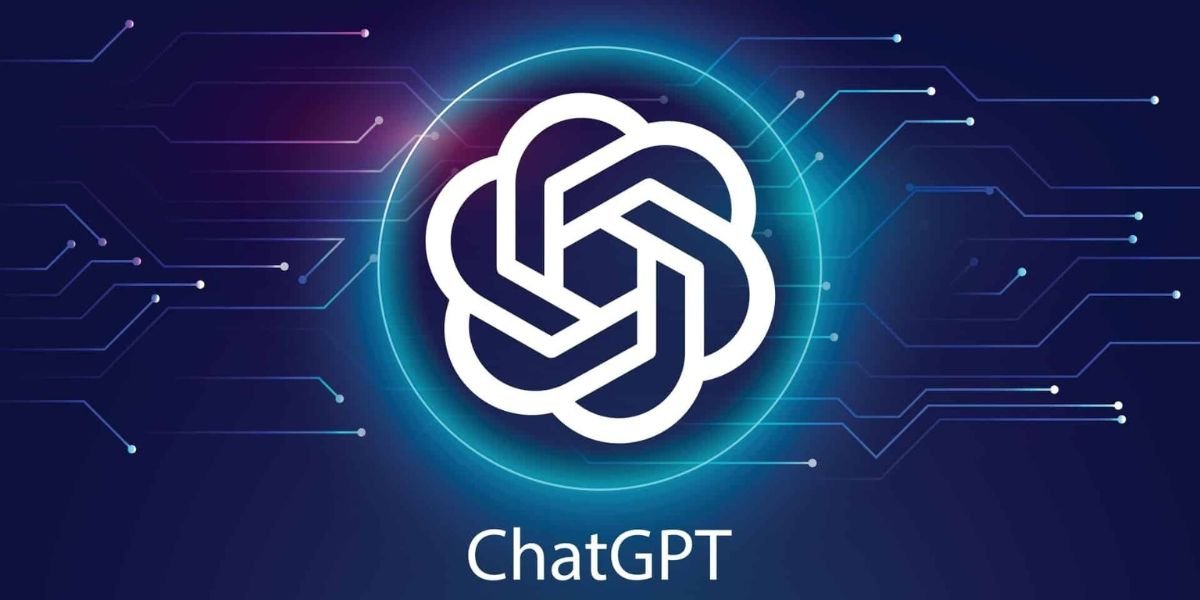Webdesk: US President Donald Trump has taken a swipe at India, labelling its economy, alongside Russia’s, as a “dead economy.”
Additonally, Trump announced a new oil deal between the US and Pakistan, and mocked the situation by saying, “Who knows, Pakistan may be selling oil to India one day,” further stoking diplomatic unease in the region.
The United States has also imposed sanctions on six Indian firms for conducting what it calls “significant” trade involving Iranian-origin petrochemical products.
The sanctions fall under Executive Order 13846, which targets entities that knowingly engage in Iranian petroleum or petrochemical trade.
Among the Indian companies, Alchemical Solutions Private Limited faces the most serious allegations, reportedly importing over $84 million worth of petrochemical products from Iran between January and December 2024.
Global Industrial Chemicals Limited is next, accused of purchasing over $51 million worth of methanol and other Iranian products between July 2024 and January 2025.
Jupiter Dye Chem Private Limited allegedly imported Iranian-origin toluene and other products worth over $49 million during the same period.
Another firm, Ramniklal S Gosalia And Company, is charged with bringing in Iranian petrochemical goods worth more than $22 million, including methanol and toluene.
Persistent Petrochem Private Limited reportedly imported $14 million in Iranian products, mainly methanol, between October and December 2024, with some shipments traced back to UAE-based firm Bab Al Barsha.
Kanchan Polymers is also under fire for allegedly importing $1.3 million worth of Iranian polyethene from Tanais Trading.
All six firms have been sanctioned under Section 3(a)(iii) of Executive Order 13846 for “knowingly engaging” in major transactions involving Iranian petrochemicals.
Sanctions implications on Indian companies
Under these sanctions, all US-based assets or property tied to the listed companies are now frozen.
The restrictions also apply to any entity that is 50 per cent or more owned by the sanctioned firms. US individuals and businesses are prohibited from dealing with these companies unless explicitly authorised by OFAC (Office of Foreign Assets Control).
According to the US Department of State, the objective of these sanctions is “not to punish, but to bring about a positive change in behaviour.”
However, critics argue that the sanctions directly target India’s growing energy ties with Iran, a move that may strain US-India relations further.
Trump targets India over trade, Russia ties
Adding to the friction, former US President Donald Trump announced a 25 per cent tariff on Indian goods, effective August 1, 2025.
He made the announcement through his social media platform, criticising India’s long-standing tariff policies and accusing it of taking advantage of the US.
“There will be no further time given,” Trump warned, rejecting the possibility of any extension. He also threatened additional penalties if India fails to comply with the new tariff measures.
Trump was particularly harsh on India’s economic policies, calling its import duties “some of the highest in the world.” He accused New Delhi of creating unfair trade barriers that hurt American businesses.
In a sharper tone, Trump criticised India’s continued defence and energy ties with Russia, saying it remains one of the largest buyers of Russian oil and arms, alongside China. “Not good,” he said, referencing the ongoing war in Ukraine.
India under pressure
These consecutive events in Washington are interpreted as a loud message to New Delhi.
India, which presents itself as an emerging superpower, is now reaping the dangerous side effects of its imperfect strategic alliances, especially with Iran and Russia.
These sanctions and tariffs indicate a growing level of US discontentment about Indian economic and foreign policy decisions.
As expected, netizens can be seen fuming on social media
🚨 US President Donald Trump just called Indian economy along with Russian as dead economies. pic.twitter.com/8QqhoE7ep2
— Indian Tech & Infra (@IndianTechGuide) July 31, 2025
US signs oil deal with Pakistan and @realDonaldTrump mocks: “Who knows Pakistan may be selling oil to India one day.” Howdy Modi, Namaste Trump, “my friend Doland” being exposed on a daily basis. Awaiting response from @narendramodi Ji pic.twitter.com/g9B9MHlIlK
— Sagarika Ghose (@sagarikaghose) July 31, 2025
What did Modi do to Trump to piss him off like this?😭
— Zhao DaShuai 东北进修🇨🇳 (@zhao_dashuai) July 31, 2025
Did Modi try to touch Ivanka or Melania? pic.twitter.com/eWeJvcV1Yu
Country of Pakistan…
— Pehn Di Siri (@PehnDiSiri) July 31, 2025
Maybe they'll be sell oil to India someday..
Gajab bejjti pic.twitter.com/j8c2HFPgtK
Trump seems to be taking the failure of Indian and US negotiators to forge a trade deal personally. pic.twitter.com/h4Y6dJjEWu
— Suhasini Haidar (@suhasinih) July 31, 2025
Whereas India has been striving to foster a combination of global partnerships, it is perhaps due to the fact that it will now need to rethink its position as strategic asset of the west and a key resource purchaser of sanctioned states.
Read more: India to face 25 per cent tariff and penalty, says Trump





